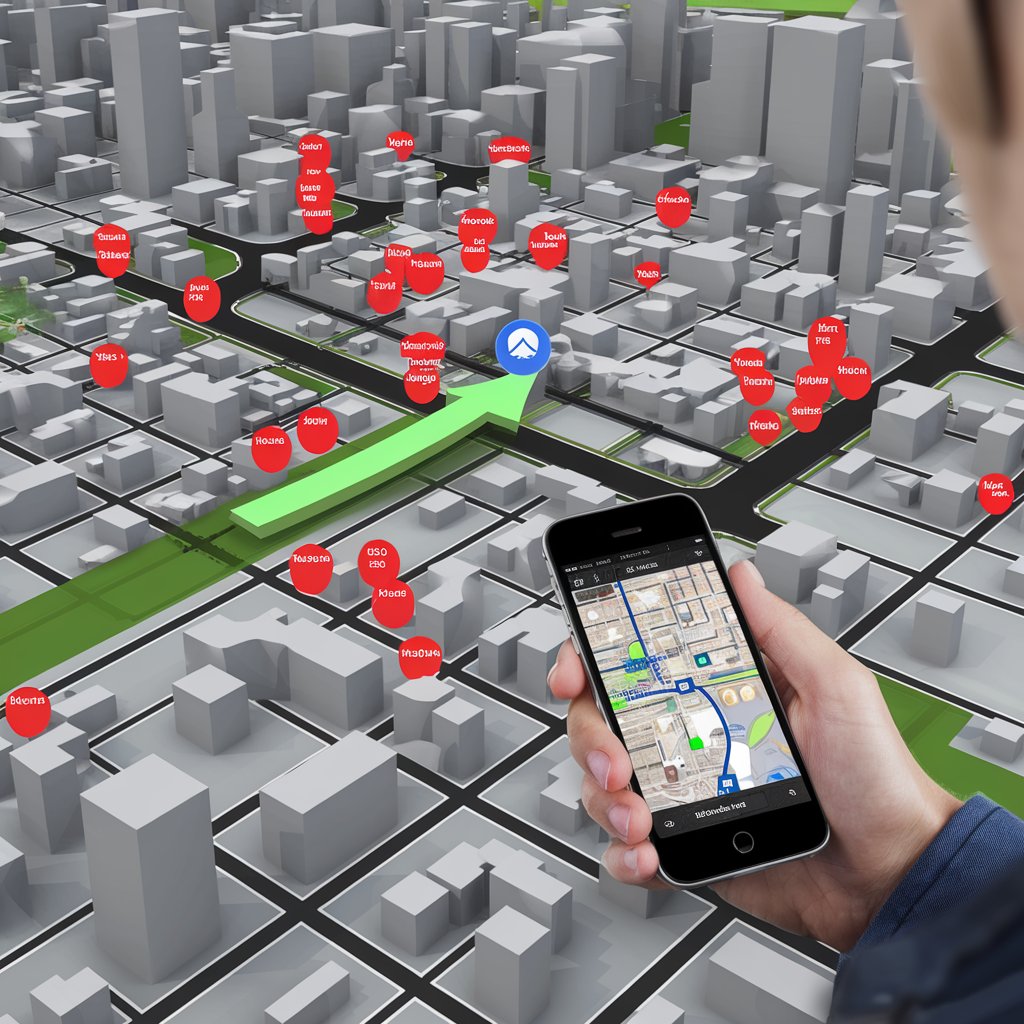GPS tracking devices have become indispensable tools across multiple sectors, revolutionizing how organizations monitor assets, enhance efficiency, and improve safety. From logistics to healthcare, the applications of GPS technology are vast and continually evolving. This article explores the key applications of GPS tracking devices in various industries and their transformative impacts.
GPS Tracking Devices Industry Outlook
The GPS Tracking Device Industry is projected to grow from USD 3.1 billion in 2023 to USD 5.7 billion in 2028; it is expected to grow at a CAGR of 13.1% from 2023 to 2028. The growth of the market is attributed introduction of more advanced with smaller sizes, greater durability, and functionality.
Applications of GPS Tracking Devices in Various Industries
1. Logistics and Transportation
In the logistics and transportation sector, GPS tracking devices are critical for optimizing fleet management. Key applications include:
- Real-Time Tracking: Companies can monitor the location and status of vehicles in real-time, allowing for better route planning and timely deliveries.
- Fuel Efficiency: GPS data helps analyze driving habits, enabling organizations to implement training programs that reduce fuel consumption and improve driver safety.
- Asset Management: Businesses can track shipping containers and cargo, ensuring that assets are secure and efficiently routed.
2. Personal Safety and Security
GPS tracking devices have significant applications in personal safety, particularly for vulnerable populations:
- Child and Elderly Monitoring: Wearable GPS devices can help parents and caregivers keep track of children and elderly individuals, providing alerts if they leave designated areas.
- Emergency Response: Many personal tracking devices come equipped with SOS buttons that alert emergency services or designated contacts in case of danger.
- Pet Tracking: GPS collars allow pet owners to monitor their animals’ whereabouts, reducing the risk of loss or theft.
Download PDF Brochure @ https://www.marketsandmarkets.com/pdfdownloadNew.asp?id=142

3. Healthcare
In the healthcare industry, GPS tracking devices enhance patient care and operational efficiency:
- Patient Monitoring: Wearable GPS devices can track the location and health metrics of patients, especially those with chronic conditions or cognitive impairments, ensuring timely medical interventions.
- Asset Tracking: Hospitals use GPS tracking to monitor equipment and supplies, reducing losses and improving inventory management.
- Emergency Medical Services (EMS): Ambulances equipped with GPS can be dispatched more efficiently, optimizing response times and improving patient outcomes.
4. Construction and Mining
In construction and mining, GPS tracking devices are vital for project management and safety:
- Equipment Tracking: GPS tracking device Companies can monitor heavy machinery and equipment, ensuring they are used efficiently and reducing theft.
- Site Surveying: GPS technology is employed for accurate land surveying, improving planning and resource allocation.
- Worker Safety: Wearable GPS devices can track the location of workers on job sites, ensuring their safety and facilitating quick responses in emergencies.
5. Agriculture
The agricultural sector is increasingly leveraging GPS tracking devices for precision farming:
- Crop Monitoring: GPS technology allows farmers to monitor field conditions, optimizing irrigation and fertilization.
- Autonomous Machinery: GPS-guided tractors and harvesters can operate more efficiently, reducing labor costs and increasing productivity.
- Livestock Tracking: Farmers use GPS collars to monitor livestock locations, enhancing herd management and reducing loss.
6. Retail and Supply Chain
In retail and supply chain management, GPS tracking enhances efficiency and customer satisfaction:
- Inventory Management: GPS devices help retailers track the movement of goods throughout the supply chain, ensuring timely restocking and reducing shortages.
- Last-Mile Delivery: Retailers can provide customers with real-time tracking information for their orders, improving the overall shopping experience.
7. Emergency Services
Emergency services utilize GPS tracking device trends to improve response times and resource allocation:
- Dispatch Optimization: GPS technology enables the efficient routing of police, fire, and ambulance services to incidents, reducing response times and saving lives.
- Incident Tracking: GPS data helps agencies track the location of incidents and manage resources effectively during emergencies.
The applications of GPS tracking devices span a wide range of industries, demonstrating their versatility and significance in modern operations. As technology continues to advance, the capabilities of GPS tracking devices will expand further, offering even more innovative solutions to enhance efficiency, safety, and productivity. By leveraging these devices, organizations can stay ahead of the competition and ensure optimal performance in their respective sectors. The future of GPS tracking is bright, with endless possibilities for enhancing everyday life and business operations.
